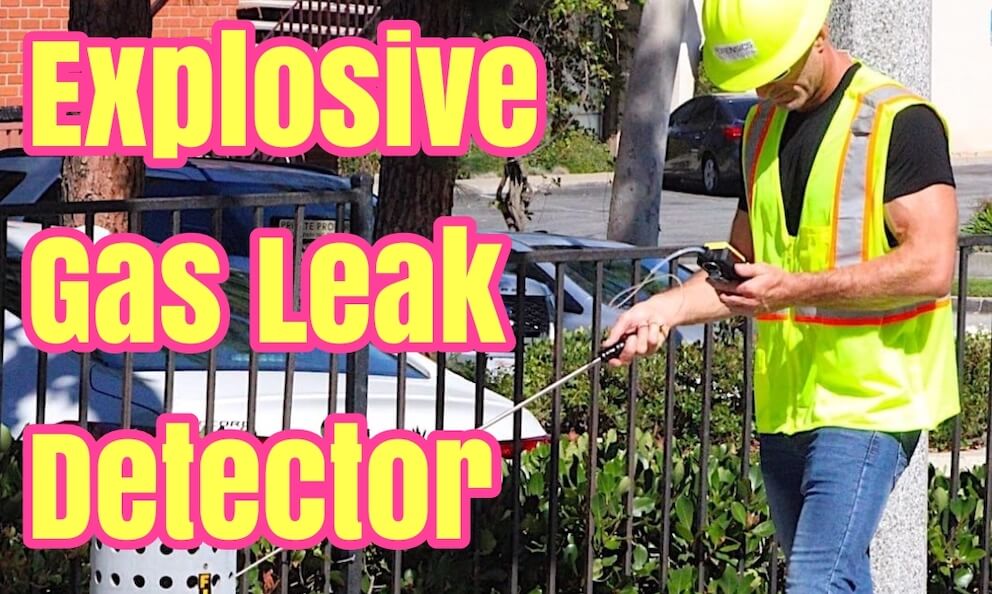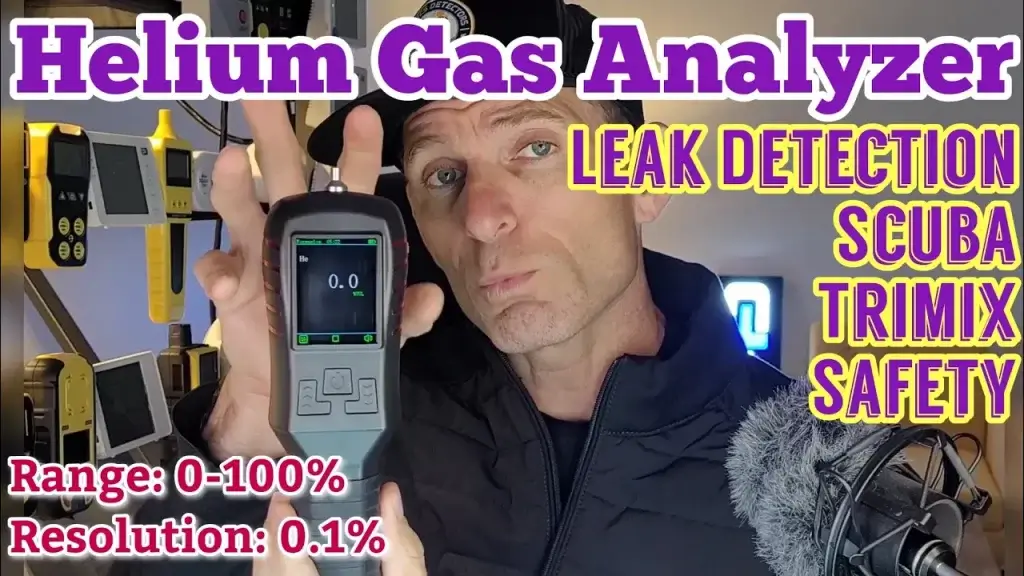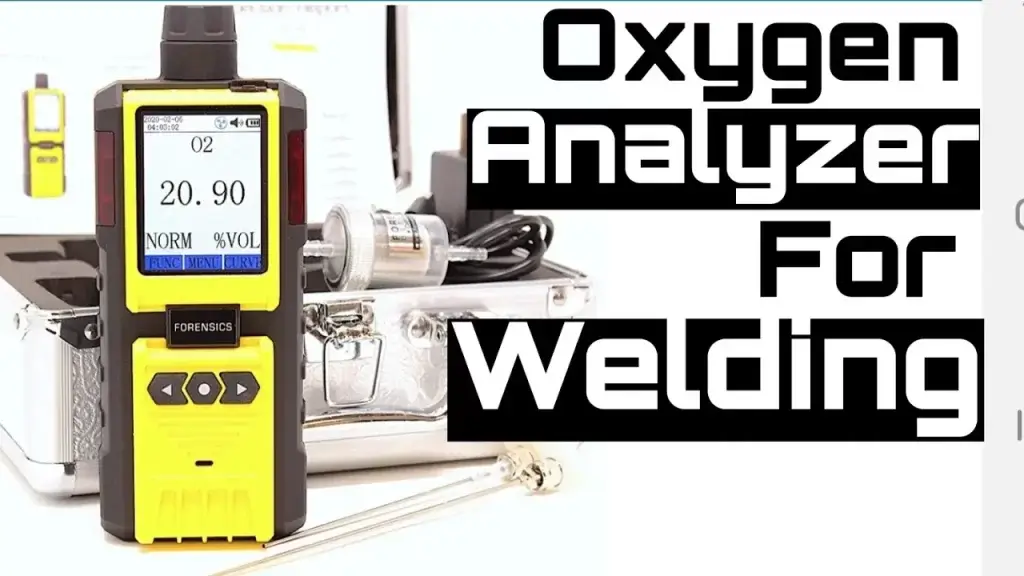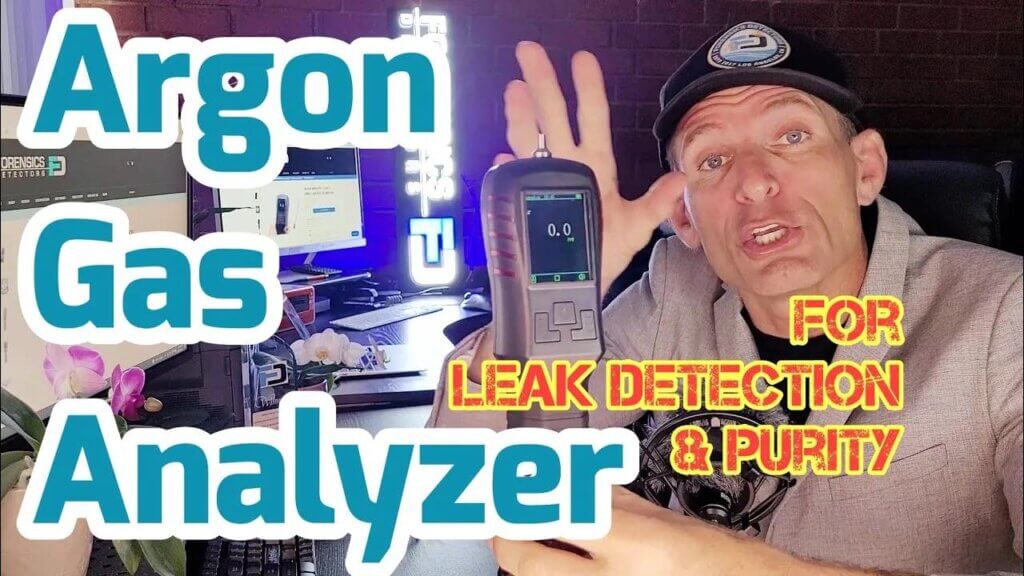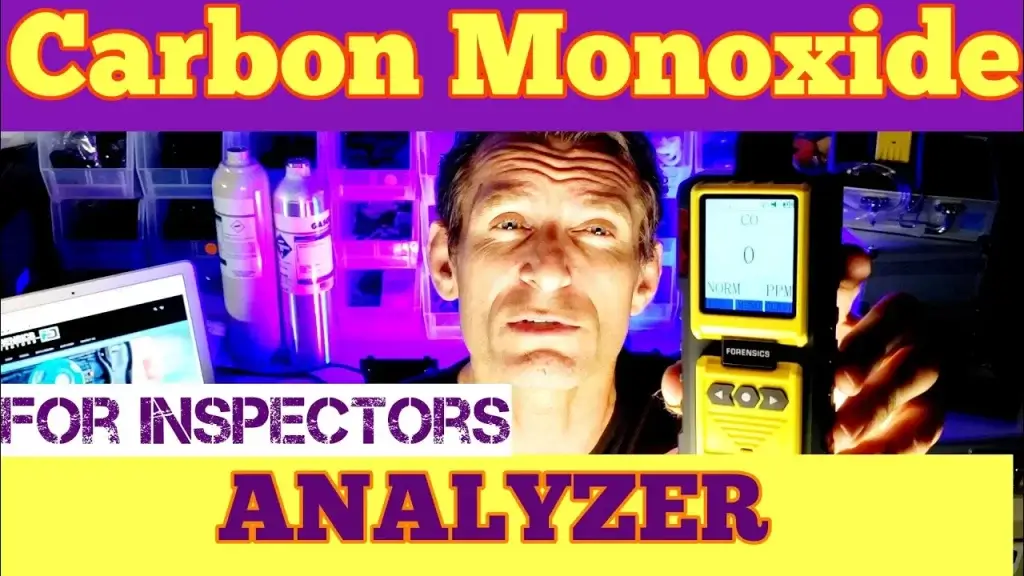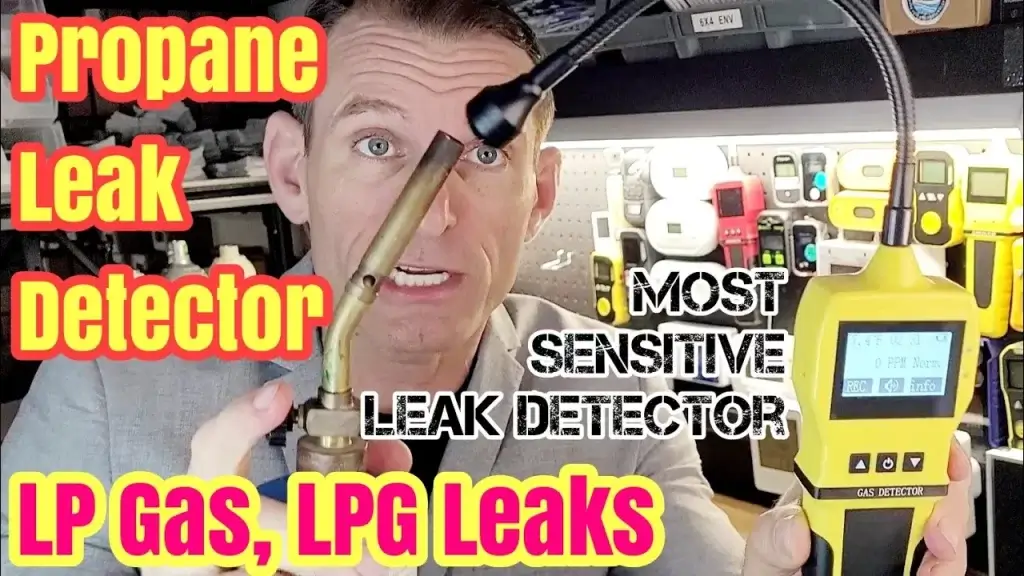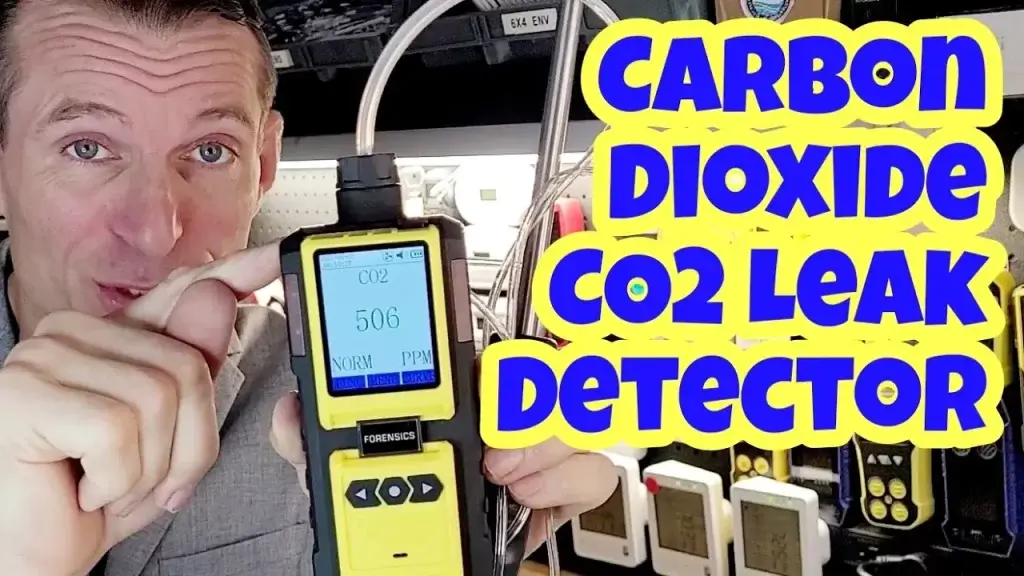Contents
- Explosive Gas Leak Detector
- Key Takeaways
- Understanding Explosive Gas Leaks
- Gas Leak Detection
- Flammable Gases
- How Do Explosive Gas Leak Detectors Work
- How Explosive Gas Leak Detectors Work – Technology Details
- Choosing the Best Explosive Gas Leak Detector
- Gas Detector Features
- Buying Guide
- Installing and Using an Explosive Gas Leak Detector
- Installing Gas Detectors
- Using Gas Leak Detectors
- Safety Precautions
- Testing and Maintenance of Gas Leak Detectors
- Common Signs of a Gas Leak
- The Importance of Professional Gas Leak Detection
- Safety Measures to Prevent Explosive Gas Leaks
- Gas Leak Prevention
- Safety Precautions
- Gas Leak Awareness
- Other Types of Gas Detectors
- Conclusion
- FAQ
- What is an explosive gas leak detector?
- How does an explosive gas leak detector work?
- What are the important features to consider when choosing an explosive gas leak detector?
- How do I install and use an explosive gas leak detector?
- How often should I test and maintain my gas leak detector?
- What are the common signs of a gas leak?
- Why is professional gas leak detection important?
- What safety measures can I take to prevent explosive gas leaks?
- Are there other types of gas detectors available besides explosive gas leak detectors?
- The Author
Explosive Gas Leak Detector
Gas leaks are dangerous and can have catastrophic consequences if left undetected. That’s where explosive gas leak detectors come in. These devices are essential in ensuring safety and mitigating the risks associated with gas leaks. Whether it’s a flammable gas alarm, an explosive gas detector from Lowe’s or Home Depot, or the best explosive gas detector available on the market, having a reliable gas leak detector is crucial in safeguarding your home and loved ones.
Key Takeaways
- Explosive gas leaks pose a significant risk and can be catastrophic if left undetected.
- Having a reliable gas leak detector is crucial in ensuring the safety of your home and loved ones.
- There are various types of explosive gas leak detectors available to choose from, such as flammable gas alarms and products sold by popular brands like Lowe’s and Home Depot.
- When selecting the best explosive gas leak detector, it’s essential to consider features like sensitivity, accuracy, and ease of use.
- Proper installation, usage, testing, and maintenance of gas leak detectors are crucial in ensuring they function optimally.
Understanding Explosive Gas Leaks
Gas leaks are a common occurrence in households and workplaces. However, when flammable gases like methane, propane, and butane leak, they can pose a serious threat to life and property. Explosive gas leaks occur when these gases accumulate in confined spaces and reach their flammability limits, leading to explosions and fires.
Gas leak detection is crucial in preventing such catastrophic incidents. The sooner you detect a gas leak, the quicker you can take actions to prevent an explosion or fire. Explosive gas leaks can occur due to various reasons, including faulty gas pipes, appliances, and ventilation systems. Common sources of flammable gases include natural gas, propane, butane, and methane.
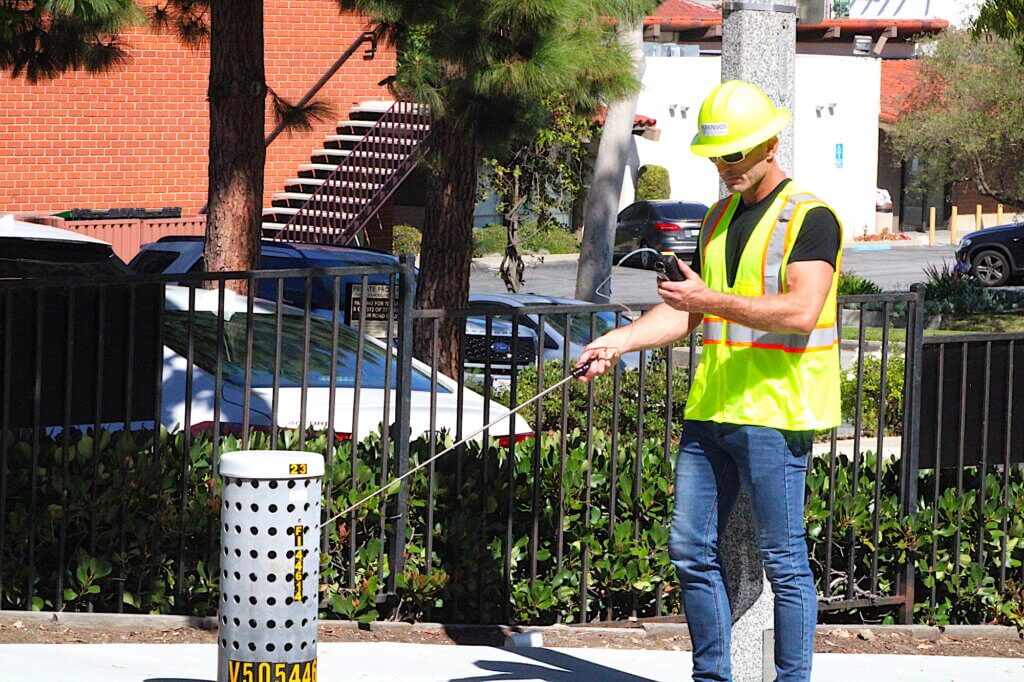
Gas Leak Detection
Gas leak detection is the process of identifying the presence of flammable gases in the air. There are various methods of detecting gas leaks, including:
- Using gas detectors with sensors that detect specific types of gases
- Visual inspection of gas pipes, appliances, and ventilation systems
- Using soapy water to detect gas leaks through bubbles
Flammable Gases
Flammable gases, also known as combustible gases, are gases that can ignite and burn in the presence of a spark or open flame. Common types of flammable gases include:
“Methane, propane, butane, hydrogen, acetylene, ethylene, and natural gas are all examples of flammable gases.”
It is essential to handle and store these gases with utmost care to prevent accidental ignition and explosions. Proper ventilation, regular maintenance of gas appliances, and gas leak detection are critical in ensuring safety.
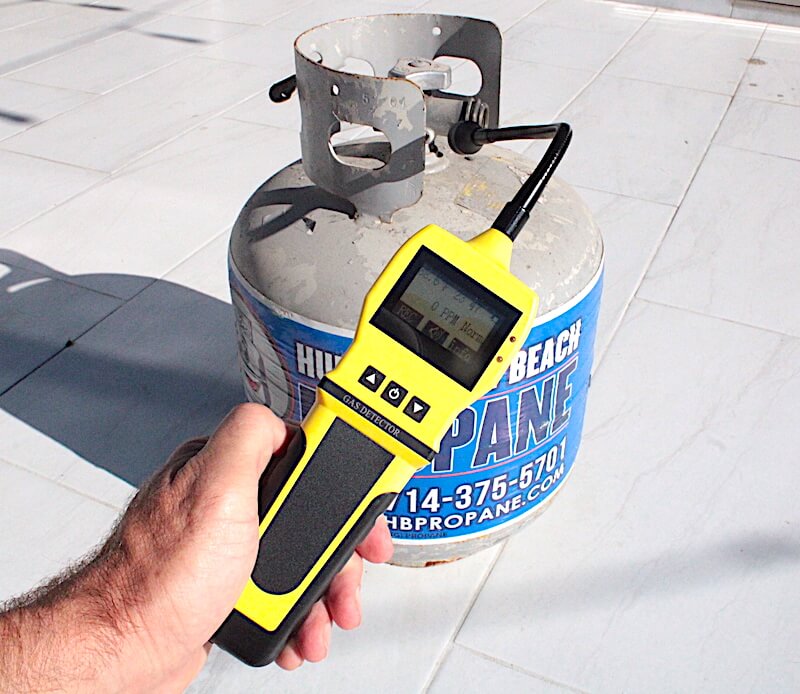
How Do Explosive Gas Leak Detectors Work
Explosive gas leak detectors are a vital safety device that can detect and alert us to the presence of flammable gases in the air. These devices work by using gas sensors to detect the presence of explosive gases, such as natural gas or propane. Once the gas is detected, the detector emits an alarm, alerting users to the potential danger.
Gas leak detectors use a variety of detection methods, including catalytic, infrared, and semiconductor sensors. Catalytic sensors use a heated filament to detect gas, while infrared sensors use infrared light to detect gas molecules. Semiconductor sensors use a gas-sensitive film to detect gas, and all three methods are effective at detecting explosive gases.
How Explosive Gas Leak Detectors Work – Technology Details
| Detection Method | Technology Details |
|---|---|
| Catalytic Sensors | Heated filament reacts with gas to produce a measurable change in resistance. |
| Infrared Sensors | IR light passes through a sample and the absorbed light is detected, providing a reading of the gas concentration. |
| Semiconductor Sensors | Gas-sensitive film changes its resistance when it comes into contact with gas, producing a measurable change in electrical current. |
Explosive gas leak detectors typically have a lifespan of around 5-7 years, after which they should be replaced to ensure optimal performance. Some detectors also feature advanced options, such as the ability to connect to a home automation system or the ability to detect multiple types of gases.
Overall, explosive gas leak detectors are a simple yet effective way to ensure the safety of yourself and your loved ones. Understanding how these devices work can help you make an informed decision when buying a gas leak detector and can help keep you safe in the event of a gas leak.
Choosing the Best Explosive Gas Leak Detector
When it comes to selecting the best explosive gas leak detector, there are several important features to consider. To help you make an informed decision, here is a buying guide to assist you.
Gas Detector Features
The features of a gas detector play an important role in determining its effectiveness. Here are some key features to keep in mind:
- Sensitivity: Look for a detector that can detect gas leaks at low concentrations. The more sensitive the detector, the better.
- Accuracy: Choose a detector that provides accurate readings to avoid false alarms and ensure safety.
- Response Time: Opt for a detector that can quickly and efficiently detect gas leaks to prevent potential hazards.
- Alarm: A loud alarm is crucial in alerting you of a gas leak and giving you ample time to evacuate the premises.
- Portability: If you need to move the detector from one area to another, choose a portable or handheld option.
- Battery Life: An extended battery life ensures that the detector is always operational when you need it.
Buying Guide
When searching for the best explosive gas leak detector, use the following guidelines:
- Research popular brands and models to determine what best suits your needs.
- Read customer reviews to gauge the effectiveness of the detector and whether other users recommend it.
- Check safety certifications and standards to ensure that the device meets all necessary safety requirements.
- Compare prices to find the best value for your money.
- Consider the warranty and customer support offered by the manufacturer.
By keeping the above features and buying guidelines in mind, you can choose the best explosive gas leak detector for your home or workplace. Remember to prioritize safety and invest in a reliable and effective gas detector to protect yourself and your loved ones from potential harm.
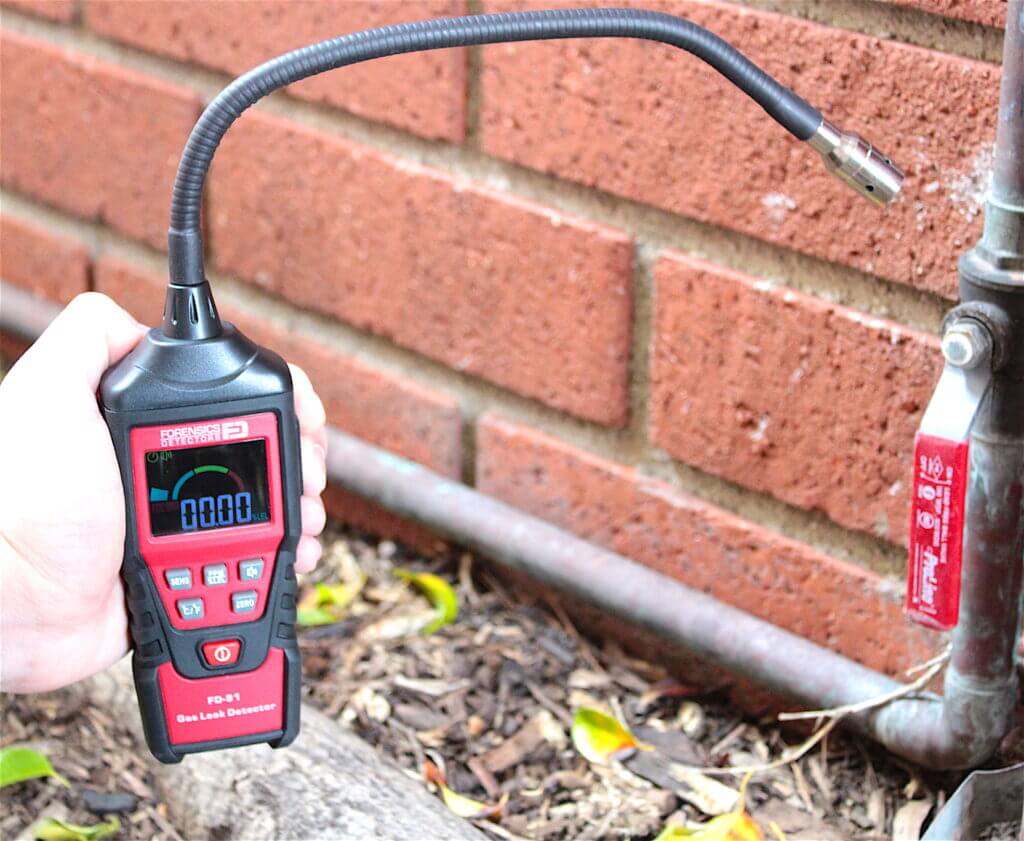
Installing and Using an Explosive Gas Leak Detector
Proper installation and usage of explosive gas leak detectors are crucial to ensure safety. Here are some helpful tips:
Installing Gas Detectors
When installing gas detectors:
- Choose an appropriate location: Place the detector near potential gas sources, according to the manufacturer’s instructions.
- Don’t obstruct airflow: Avoid placing objects or covering the detector, as it needs proper ventilation to function correctly.
- Follow manufacturer’s instructions: Failure to do so may cause the detector to malfunction or become ineffective.
Using Gas Leak Detectors
When using gas leak detectors:
- Learn how to operate: Be familiar with the operating instructions to properly use the detector.
- Regular testing: Test the detector regularly following the manufacturer’s instructions to ensure it is working correctly.
- Respond to alerts: If the detector sounds an alarm, evacuate the area and seek assistance immediately.
Safety Precautions
Follow these safety precautions when using gas leak detectors:
- No smoking: Avoid smoking when using or near gas detectors, as it may trigger an explosion.
- No open flames: Eliminate any open flames or hot surfaces when in proximity to the detectors.
- Avoid chemicals: Avoid storing or using chemicals near the detector, as they may interfere with the detector’s function.
Proper installation, use, and safety precautions can help prevent explosive gas leaks. Follow these tips to ensure the safety of yourself and loved ones.
Testing and Maintenance of Gas Leak Detectors
To ensure your explosive gas leak detector functions optimally, it is important to test and maintain it regularly. Here are some handy tips to help you:
| Testing Gas Detectors | Maintenance Tips | Gas Detector Lifespan |
|---|---|---|
| Test your gas detector monthly to ensure it is functioning correctly.Follow the manufacturer’s instructions for testing.Test the detector after moving it or exposing it to extreme temperatures. | Clean your gas detector regularly using a soft cloth or brush. Avoid using chemicals or solvents that can damage the detector. Check for signs of wear and tear, such as cracks or discoloration, and replace the detector if necessary. Store your gas detector in a cool, dry place, away from direct sunlight and moisture. | The lifespan of a gas detector varies depending on the make and model, but most detectors last between 5-10 years. Some detectors have a shorter lifespan and require replacement sooner. Refer to the manufacturer’s recommendations for your specific device. |
By following these guidelines, you can ensure that your explosive gas leak detector is working effectively, and help prevent potential gas leaks and explosions. Remember, safety always comes first.
Common Signs of a Gas Leak
Gas leaks can be dangerous, and it’s essential to know the signs to detect them early and prevent potential hazards. Here are some common signs of a gas leak:
“Rotten egg” or sulfur-like odor
Whistling or hissing sound near gas pipes or appliances
Dead plants or vegetation around the gas line
Excessive condensation on windows or walls
Physical symptoms, including headaches, dizziness, and nausea
If you notice any of these signs, it’s crucial to take immediate action. Gas leak symptoms can vary based on the type of gas and how long you’ve been exposed to it. Therefore, it’s vital to recognize gas leak indicators and address them promptly to ensure the safety of everyone in your home or workplace.
The Importance of Professional Gas Leak Detection
While it’s essential to have an explosive gas leak detector installed in your home, regular inspections by certified technicians are equally important. Professional gas leak detection services ensure that potential hazards are detected and corrected promptly, preventing dangerous situations from escalating.
A certified technician has the expertise and equipment necessary to perform comprehensive gas leak inspections, identifying potential issues that may not be visible to the untrained eye. They use specialized tools and techniques to detect even the slightest gas leaks accurately.
Additionally, professional gas leak detection services provide peace of mind and reassurance that your home is safe for you and your loved ones.
“Regular inspections by certified technicians are equally important.”
| Benefits of Hiring a Certified Technician | Why You Should Avoid DIY Inspections |
|---|---|
| Accurate and comprehensive inspections | Untrained individuals may miss potential hazards |
| Professional equipment and expertise | Lack of specialized tools and knowledge |
| Prompt detection and correction of potential hazards | May lead to dangerous situations if not done correctly |
When it comes to the safety and wellbeing of your family, it’s crucial to prioritize professional gas leak detection services. Don’t take any chances with the potential dangers of explosive gas leaks.
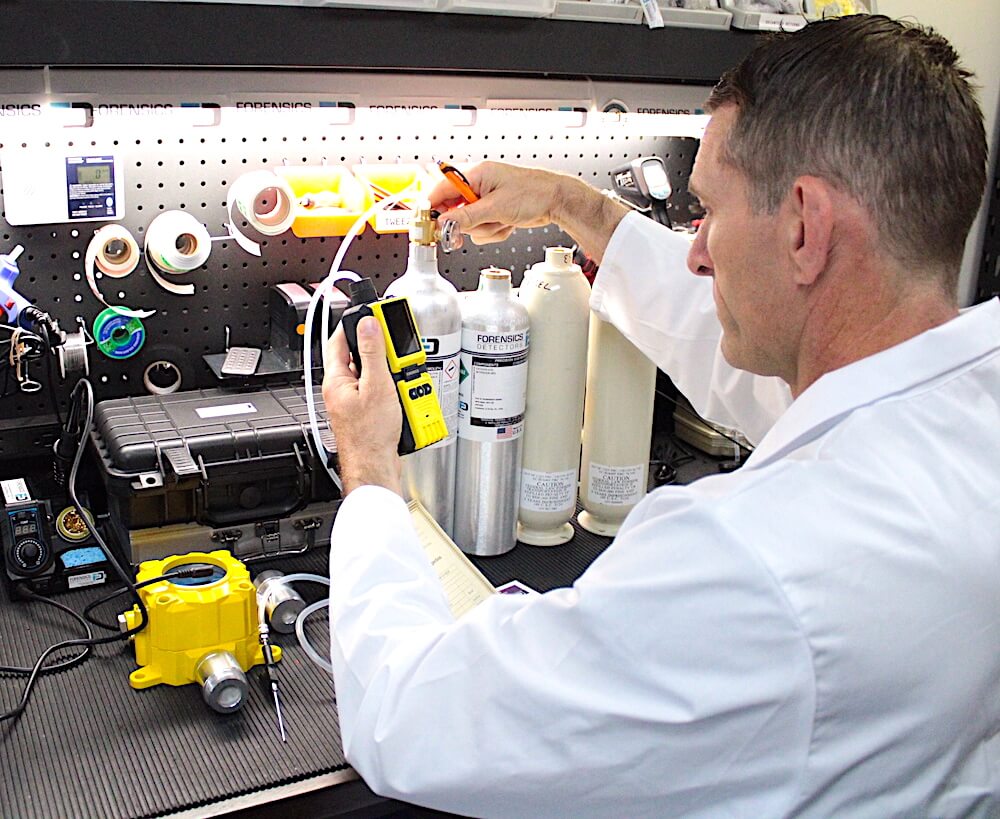
Safety Measures to Prevent Explosive Gas Leaks
Explosive gas leaks can be dangerous and even deadly. To prevent such incidents, it’s crucial to take proper safety measures.
Gas Leak Prevention
The first step in preventing gas leaks is to ensure that your gas appliances are well-maintained and properly installed. Schedule regular check-ups with a certified technician to identify and fix any potential issues.
It’s also important to be aware of what you’re doing when using gas appliances. Follow the manufacturer’s instructions and avoid using them improperly, such as using the stove as a heater. This can lead to a buildup of gas and increase the risk of a gas leak.
Safety Precautions
There are several safety precautions you can take to minimize the risk of a gas leak, such as:
- Install an explosive gas leak detector in your home and test it regularly.
- Never store flammable materials near gas appliances.
- Keep the area around gas appliances clean and free of debris.
- Never use a gas appliance if you smell gas. Instead, leave the area immediately and call a professional technician.
It’s also important to teach everyone in your household about gas leak awareness and how to respond in case of a gas leak emergency.
Gas Leak Awareness
Being aware of gas leak signs and symptoms can help you respond quickly and prevent a dangerous situation from escalating. Some common indicators of a gas leak include:
- Smell of gas or sulfur
- Whistling or hissing sounds near gas appliances
- Dead vegetation or grass near buried gas lines
- Increased gas bills without a change in usage
- Headaches, dizziness or nausea
Other Types of Gas Detectors
Aside from explosive gas leak detectors, there are other types of gas detectors that can help safeguard your home. These include:
- Carbon Monoxide Detectors: Carbon monoxide is a colorless, odorless gas that can be deadly in high concentrations. Carbon monoxide detectors are essential for detecting this gas and alerting you to potential danger.
- Natural Gas Detectors: Natural gas is another flammable gas that can pose a risk if undetected. Natural gas detectors are designed to sense the presence of this gas and alert you in the event of a leak.
It’s important to note that explosive gas leak detectors are not always equipped to detect other types of gases. Therefore, homeowners should consider investing in additional detectors to ensure comprehensive gas leak detection.

Conclusion
An explosive gas leak detector can help prevent potential harm and ensure the safety of your loved ones. By understanding the dangers of explosive gas leaks and the importance of gas leak detection, you can make an informed decision when selecting the best gas detector for your needs.
Remember to prioritize safety and take the necessary precautions when installing and using your gas leak detector. Regular testing and maintenance are crucial to ensure optimal performance and longevity of your device.
Additionally, being aware of common signs of a gas leak and hiring certified technicians for professional gas leak detection services can further enhance your safety measures.
Other types of gas detectors, such as carbon monoxide detectors and natural gas detectors, can also be useful in preventing potential harm. Be sure to read product reviews and carefully consider your options before making a purchase.
FAQ
What is an explosive gas leak detector?
An explosive gas leak detector is a device designed to detect the presence of flammable gases in the air, such as natural gas or propane. It helps to prevent accidents and potential explosions by alerting users to the presence of dangerous gas leaks.
How does an explosive gas leak detector work?
Gas leak detectors work by utilizing sensors that detect specific gases in the air. When a gas leak is detected, the detector sounds an alarm to alert users of potential danger. Some detectors may also have visual indicators or the ability to send alerts to a smartphone or other connected devices.
What are the important features to consider when choosing an explosive gas leak detector?
When selecting an explosive gas leak detector, it is essential to consider features such as sensitivity, response time, battery life, and ease of use. Additionally, some detectors may offer additional features like self-testing capabilities or the ability to detect multiple types of gases.
How do I install and use an explosive gas leak detector?
Installing an explosive gas leak detector typically involves placing it in the desired location according to the manufacturer’s instructions. It is important to ensure that the detector is positioned correctly and regularly check for proper functionality. To use the detector, simply turn it on and let it continuously monitor the air for the presence of flammable gases.
How often should I test and maintain my gas leak detector?
It is recommended to test your gas leak detector at least once a month to ensure it is functioning properly. Additionally, regular maintenance, such as cleaning the sensor or replacing the batteries as needed, is essential to keep the detector in optimal working condition.
What are the common signs of a gas leak?
Some common signs of a gas leak include a strong odor of gas, hissing or whistling sounds near gas appliances, dead plants or vegetation in the vicinity of gas lines, and a sudden increase in gas bills. If you suspect a gas leak, it is important to leave the area immediately and contact your gas provider or emergency services.
Why is professional gas leak detection important?
Professional gas leak detection services are essential because they utilize specialized equipment and trained technicians to thoroughly inspect and identify potential gas leaks. This ensures the safety of your home or business and can help prevent accidents or damage caused by gas leaks.
What safety measures can I take to prevent explosive gas leaks?
Some safety measures to prevent explosive gas leaks include regularly inspecting gas appliances for leaks, properly maintaining gas lines and connections, avoiding DIY gas repairs, and ensuring adequate ventilation in areas where gas appliances are used. It is also important to educate yourself and your family on gas leak awareness and emergency procedures.
Are there other types of gas detectors available besides explosive gas leak detectors?
Yes, there are other types of gas detectors available, such as carbon monoxide detectors and natural gas detectors. Carbon monoxide detectors are designed to detect the presence of carbon monoxide gas, which is odorless and can be harmful or fatal. Natural gas detectors, on the other hand, specifically detect the presence of natural gas, which is highly flammable.
The Author
Dr. Koz resides in the Palos Verdes Peninsula in Los Angeles, California. He is a subject matter expert on gas leak detectors, gas sensor technology, gas detectors, gas meters, and gas analyzers. He has been designing, building, manufacturing, and testing toxic gas detection systems for over 20 years. Every day is a blessing for Dr. Koz. He loves to help customers solve their unique problems.
Email: drkoz@gasleakdetector.com
Phone: +1 424-341-3886

